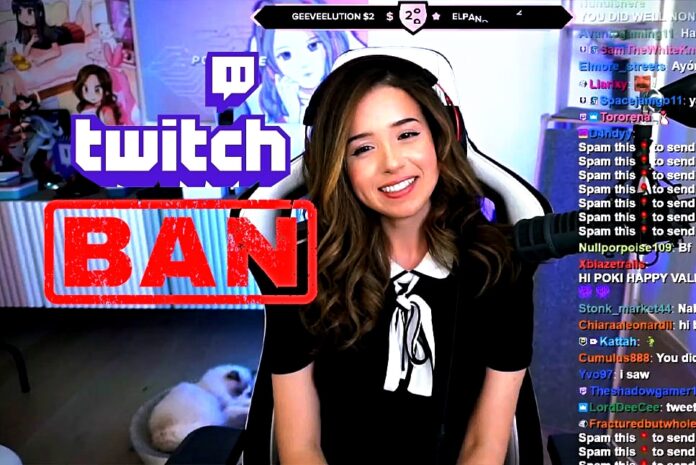The Twitch meta is changing constantly. Reactions have been standard for a while now – but recently there have been bans because of this.
Pokimane, one of the biggest streamers on Twitch, was banned for two days and Disguised Toast was also banned.
The reason in both cases: Reaction streams to anime series – Avatar at Pokimane and Death Note at Toast. And this is currently part of the popular Twitch meta. In the stream, a TV show or anime is playing and in parallel, the streamer can be seen saying something about the show – or not.
DMCA and the warning wave
The problem: As a rule, the creators do not have the right to show the shows on their premises. A classic copyright issue that in America falls under the name Digital Millennium Copyright Act (DMCA). Whoever has the rights to the programme, show or anime can issue corresponding warnings that force Twitch to act.
Word has already spread in the Twitch scene about the thorny Reactions issue. Current hype star Amouranth already declared that this kind of stream was too delicate for her. Superstar Shroud also noted his problems with the meta. Pokimane himself explained that the content was just easy to make, even if this did not represent the laziness of the creators.
A similar development occurred with music in livestreams or VoDs. There, too, there was a big wave of DMCA takedown notices.
the fire nation attacked
– pokimane (@pokimanelol) January 8, 2022
Consultation and cooperation a solution?
In principle, streamers can react to content as long as the rights holders find it OK. This can work through agreements or licences. In Germany, the YouTube hit 7 vs. Wild has led to a great deal of popularity among Reaction streamers. There, creator Fritz Meinecke announced to please react to the videos only one day after release.
Anni The Duck entered into a cooperation with Beauty and the Nerd and reacted to the episodes of the ProSieben show – and was even allowed to interact exclusively with the participants of the show at the end.


